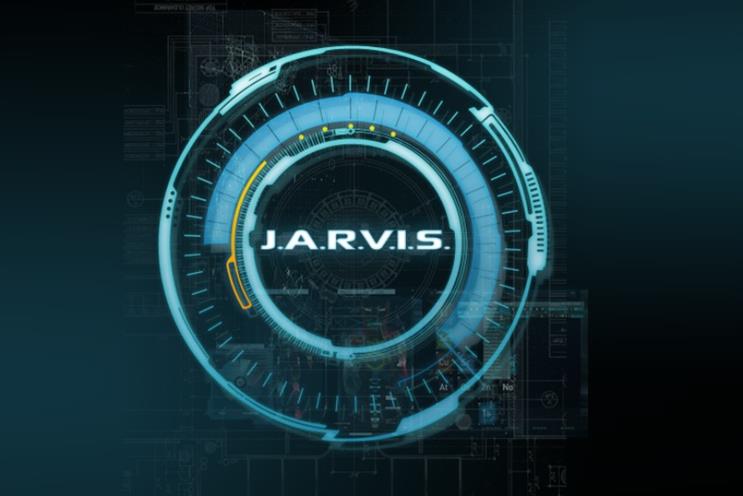
Zuckerberg, who is currently trying to build his own robot butler in imitation of the character Jarvis, who appears in the Iron Man series of films, said teaching machines to apply learning from one area to another was the biggest hurdle in artificial intelligence.
We fundamentally do not understand how general learning works: this is an unsolved problem - maybe the most important problem of this century or even millennium
Currently, artificial intelligence does not actually have independent intelligence – machines must be taught everything they know.
This process is called pattern recognition, and involves a machine being shown something thousands of times before it recognises it, much like a child being shown objects in a book. Pattern recognition can teach a driverless car to brake before obstacles, for example, or Facebook to recognise faces in photos.
But this involves human intervention, whereas Zuckerberg and his team are trying to build machines with "unsupervised learning". This, says Zuckerberg, is learning by trial and error, rather than being instructed what to do, like teaching oneself to ride a bike.
"This is how most animals learn," adds Zuckerberg. "It's key to building systems with human-like common sense because it doesn't require a person to teach it everything they know.
"It could help us build machines that can hold conversations or plan complex sequences of actions – necessary components for any authentic Jarvis."
The trouble is not a lack of infinite computing power.
"Some people claim this is just a matter of getting more computing power – and that, as Moore's law continues and computing becomes cheaper, we'll naturally have AIs that surpass human intelligence," says Zuckerberg. "This is incorrect. We fundamentally do not understand how general learning works. This is an unsolved problem - maybe the most important problem of this century or even millennium."
Google’s AI bots beat humans at Go
Zuckerberg’s comments come as Google announced a major step forward in its AI efforts.
An artificial intelligence program this week beat the European champion of Chinese strategy game Go, which is considered tougher than chess for computers, due to the higher number of possible outcomes.
Facebook has also been trying to teach a program to beat a human at Go, but the machine ranked only third in a competition against other machine players, rather than humans.
In 2011, IBM’s AI program Watson beat human champions at the US quiz show Jeopardy!



.jpg)
.jpeg)
